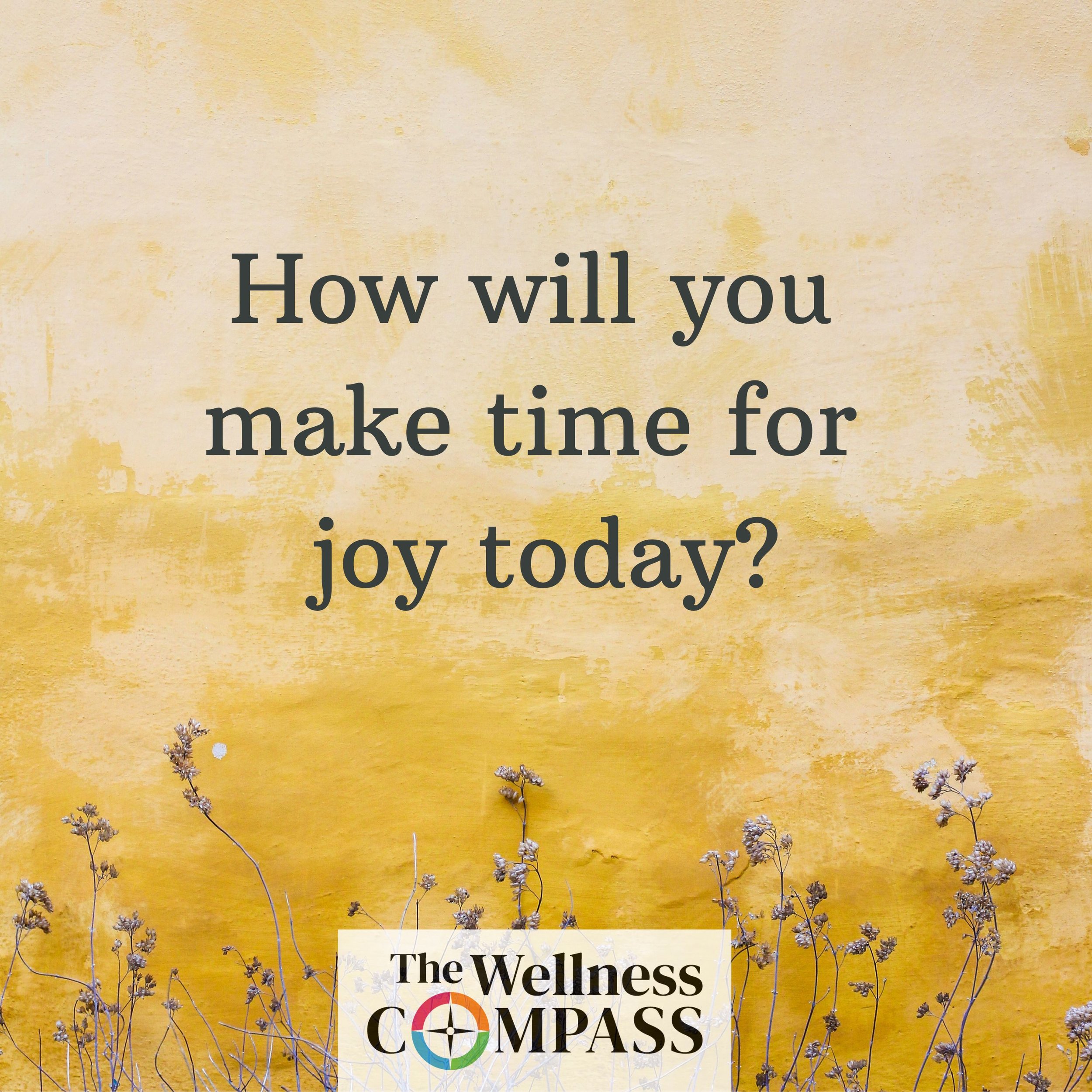Well Connected
The Wellness Compass Initiative is our partner community wellness initative that serves schools, counseling centers, nonprofits, and other community wellness organizations. Each week Holly Hughes Stoner and Scott Stoner, who are both licensed marriage and family therapists, co- write a column for Wellness Compass and we are pleased to share it here on our Living Compass site. There is also a Wellness Compass podcast at www.wellnesscompass.org/podcast.
We recently came across an extended quote from Albert Einstein that we would like to share with you today.
“A human being is a part of the whole, called by us the ‘Universe,’ a part limited in time and space. We experience ourselves, our thoughts and feelings as something separated from the rest — a kind of optical delusion of his consciousness.
This delusion is a kind of prison for us, restricting us to our personal desires and affection for a few persons nearest to us. Our task must be to free ourselves from this prison by widening our circle of compassion to embrace all living creatures and the whole nature in its beauty.
Nobody is able to achieve this completely, but the striving for such achievement is in itself a part of the liberation and a foundation for inner security.”
As we reflect on the connection of Einstein’s words to wellness, the focus of this column, we are aware that a foundation of our wellness is acknowledging our deep inter-dependency with all people, and with all of creation. Certainly, the contagion of the COVID virus was a clear reminder of just how interconnected we all are.
Imagine a mobile hanging from a ceiling over a baby’s crib. If someone were to jiggle one piece of the mobile all the other pieces would also jiggle, even though you weren’t directly moving them. Why? Because they are all interconnected.
As family therapists, we often observe this when a family member faces a crisis or challenge. The person facing the challenge is clearly distressed, but soon, those who are closely connected to the person will also feel distressed. It also works the other way. When one person in a family, team, or group feels centered and joyous, that can also radiate out to those with whom they are connected.
Our deep inter-connectedness, as the intellectual icon Albert Einstein so eloquently explained, is a gift. When we remember it and nourish it regularly, not only do we benefit, but so does everyone with whom we are connected.
Subscribe Now to Weekly Words of Wellness:
Click the button below to signup for the e-mail version of Weekly Words of Wellness. This weekly article can be shared with your community electronically and/or used for group discussion.
You can unsubscribe at any time.




